A Vancouver-based film company and its drone operator have been hit with a $30,000 fine for illegally flying a drone too close to a pod of killer whales off Vancouver Island. This marks the first time in Canada that a fine has been issued for the unlawful use of a drone to capture footage of killer whales, according to Fisheries and Oceans Canada (DFO).
Drones Disturb Marine Life
The incident occurred in August 2021 when River Road Films Ltd. was found using drones and underwater cameras to capture footage of northern resident killer whales at a well-known rubbing beach. These whales are known for their unique “beach rubbing” behavior, where they enter shallow waters to scrape against smooth pebbles, thought to help remove dead skin and strengthen family bonds.
“Marine mammals can be disturbed by drones, which are considered to be an aircraft,” the DFO stated. Under Canadian regulations, it’s illegal to fly a drone within about 1,000 feet (304 meters) vertically and half a nautical mile (926 meters) horizontally of marine mammals.
Hefty Fines and Footage Ban
River Road Films pleaded guilty to the charge and was ordered to pay $25,000. The company is also prohibited from using or distributing the drone footage. The drone operator, Mathew Hood, received an additional $5,000 fine.
“This is the first time a fine was issued in Canada for the unlawful use of a drone to capture killer whale footage,” a DFO spokesperson said.
Permit Denied, Rules Ignored
Interestingly, River Road Films had applied for a DFO permit in 2020 to film Species at Risk Act species, including killer whales, for a documentary. This application was denied. Despite this, the crew proceeded with their filming plans the following year, leading to the current penalties.
DroneXL’s Take
This incident highlights the growing intersection between Drone Technology and Wildlife conservation efforts. While drones offer unprecedented opportunities for wildlife research and cinematography, their misuse can have serious consequences for both operators and animals.
As drone use becomes more widespread, it’s crucial for operators to understand and respect wildlife protection laws. This case serves as a reminder of the legal implications of drone misuse, especially in sensitive ecological areas.
Recent articles on DroneXL have covered similar issues of drone incidents and their environmental impact. As the Drone Industry continues to evolve, we can expect more stringent regulations and enforcement to protect wildlife while still allowing for responsible drone use in nature documentation and research.
What are your thoughts on this incident? Do you think the fines were appropriate? Share your opinions in the comments section below.
Discover more from DroneXL
Subscribe to get the latest posts sent to your email.



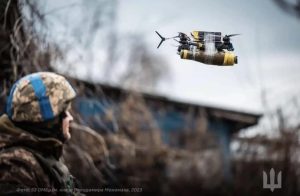



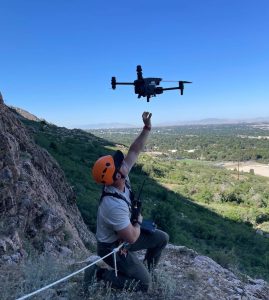

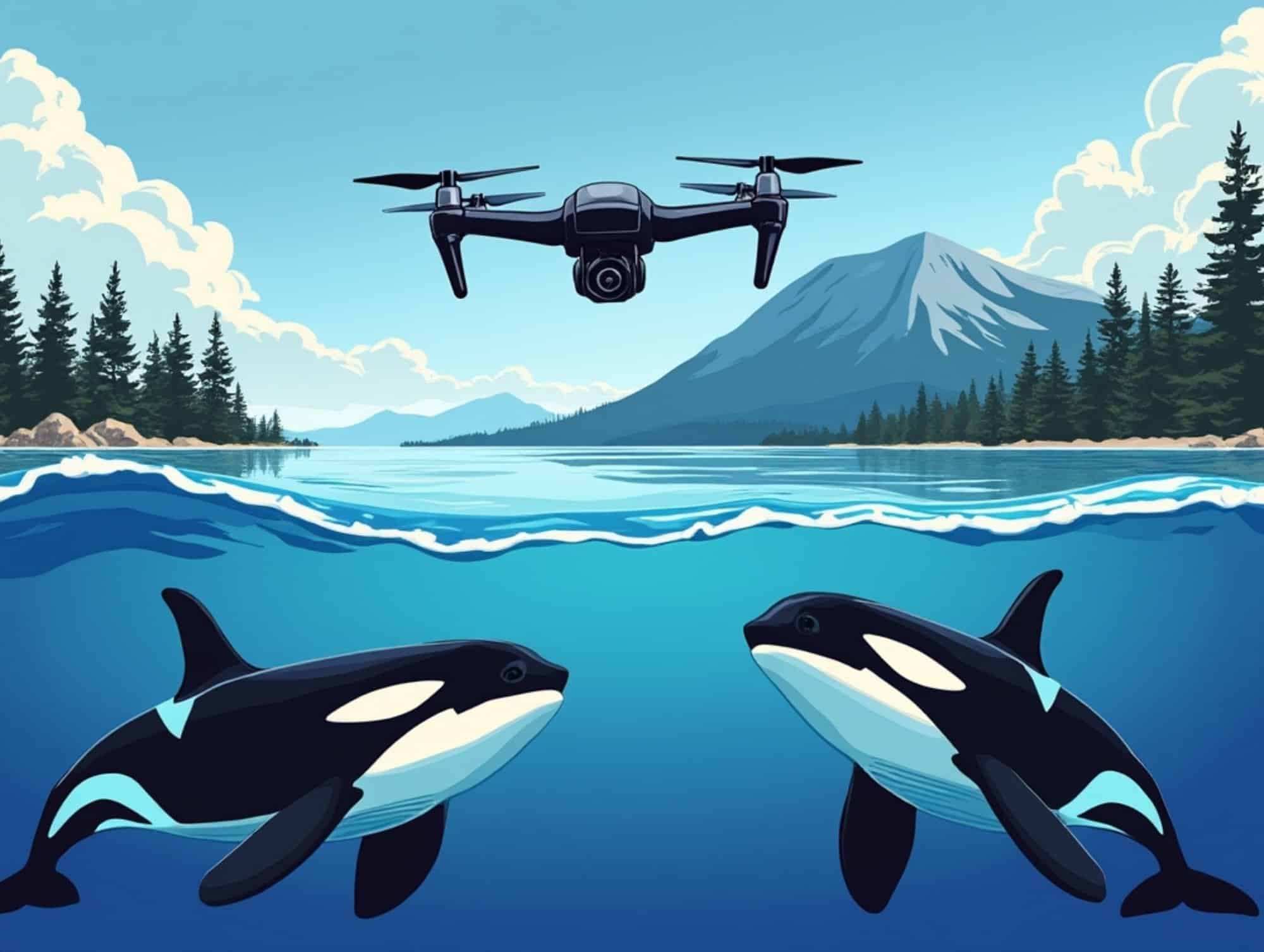



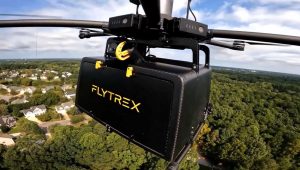

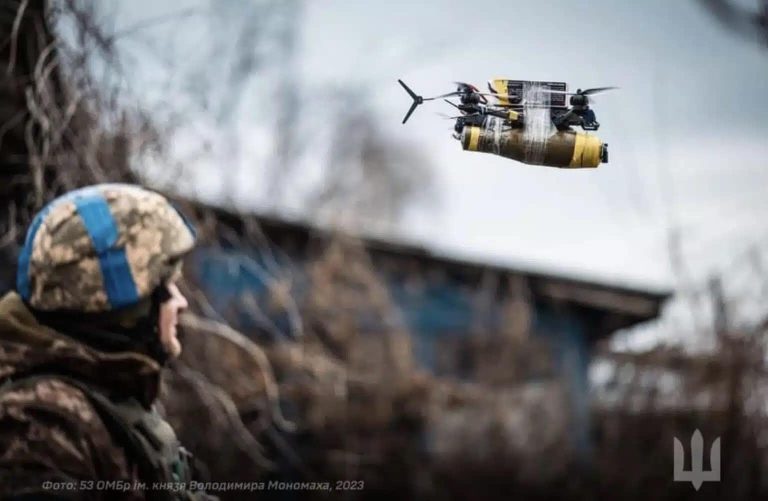


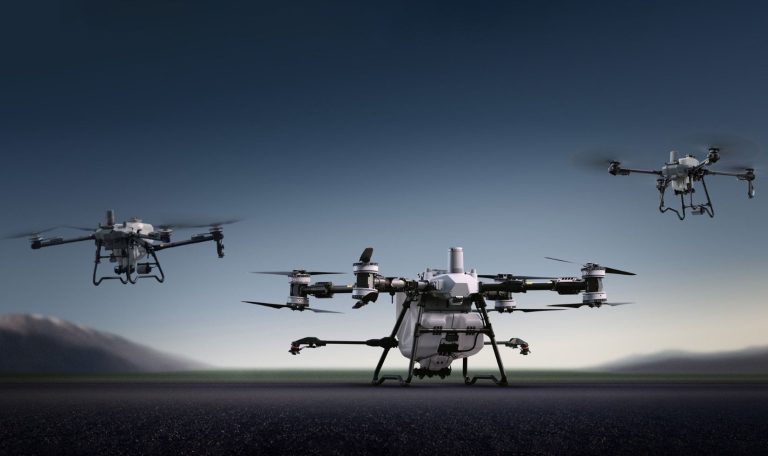
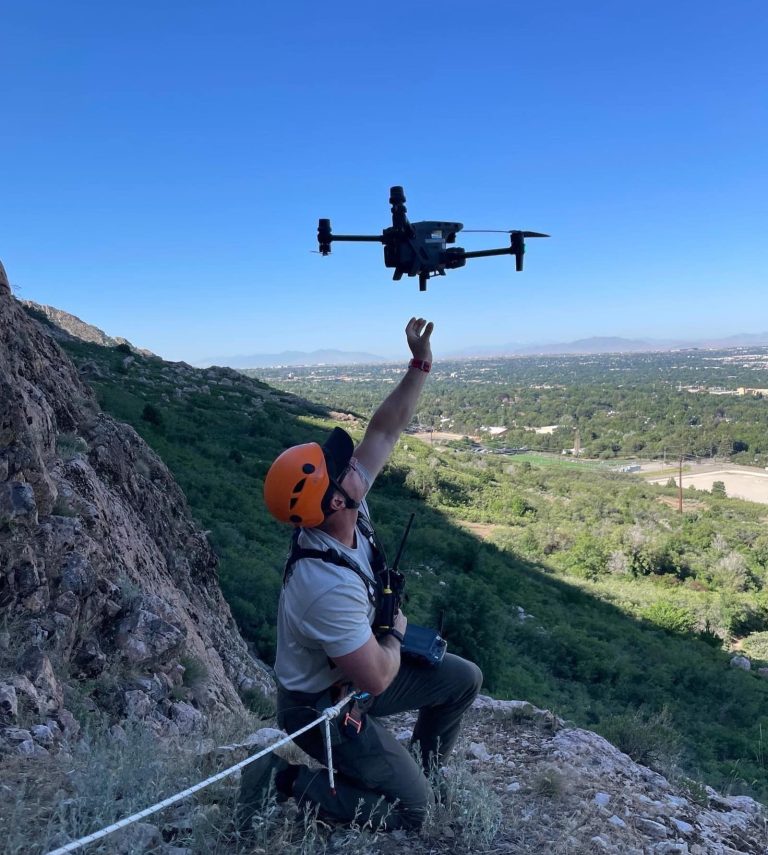
+ There are no comments
Add yours